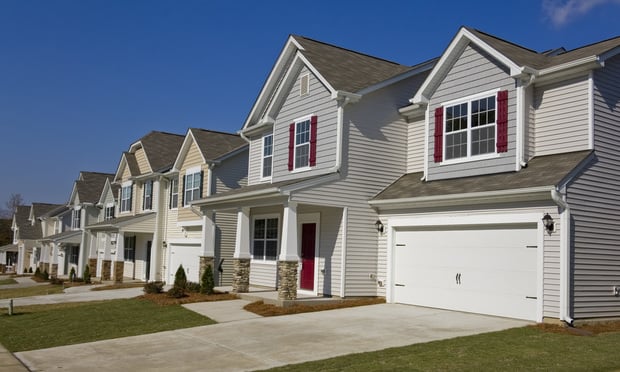The commercial real estate industry is flush with capital and that bears out in the numbers. For the first half of 2018, global CRE transaction volume increased 13% year over year to $341 billion, according to Deloitte's 2019 Commercial Real Estate Outlook. The Americas' volume rose by 9% YOY to $132 billion and the US led the Americas' growth with a volume of $122 billion, for a +11% YOY growth rate.
But real estate companies should not assume the flow will continue, especially if they are developing or investing strictly in traditional assets. Increasingly, investors are diversifying their portfolios by investing in newer and emerging business models and thematic categories, according to Deloitte. For example, it notes that over half of investors it surveyed reported plans to invest or increase investments in properties with flexible leases, and 44% plan to do so for flexible spaces. In general, survey respondents specializing in mixed-use and nontraditional properties plan to increase their capital commitment by a higher percentage than those focused on traditional properties. Specifically, under nontraditional properties, those surveyed are likely to increase investments in data centers and health care, including senior housing, facilities.
Recommended For You
Want to continue reading?
Become a Free ALM Digital Reader.
Once you are an ALM Digital Member, you’ll receive:
- Breaking commercial real estate news and analysis, on-site and via our newsletters and custom alerts
- Educational webcasts, white papers, and ebooks from industry thought leaders
- Critical coverage of the property casualty insurance and financial advisory markets on our other ALM sites, PropertyCasualty360 and ThinkAdvisor
Already have an account? Sign In Now
*May exclude premium content© 2025 ALM Global, LLC, All Rights Reserved. Request academic re-use from www.copyright.com. All other uses, submit a request to [email protected]. For more information visit Asset & Logo Licensing.









